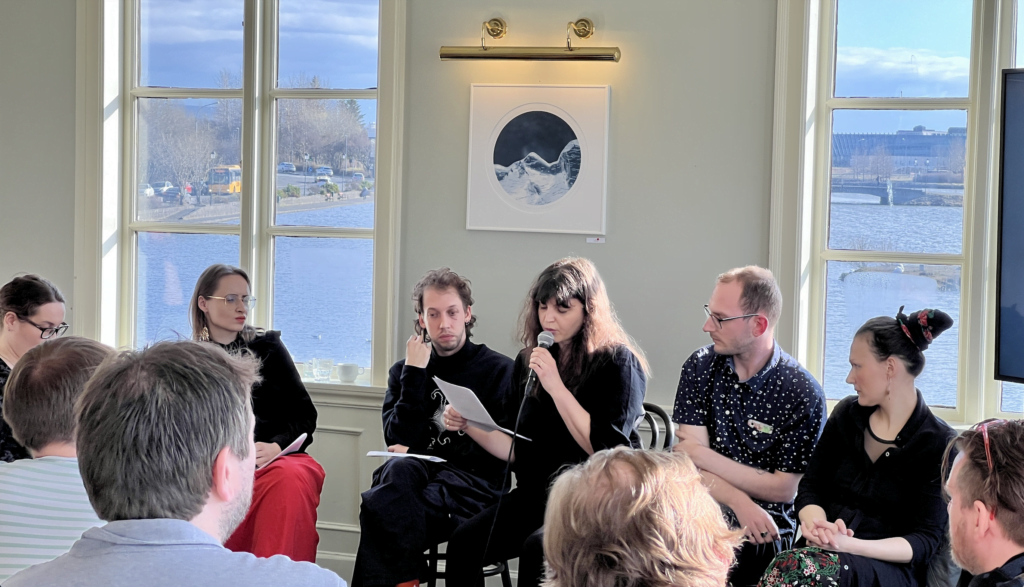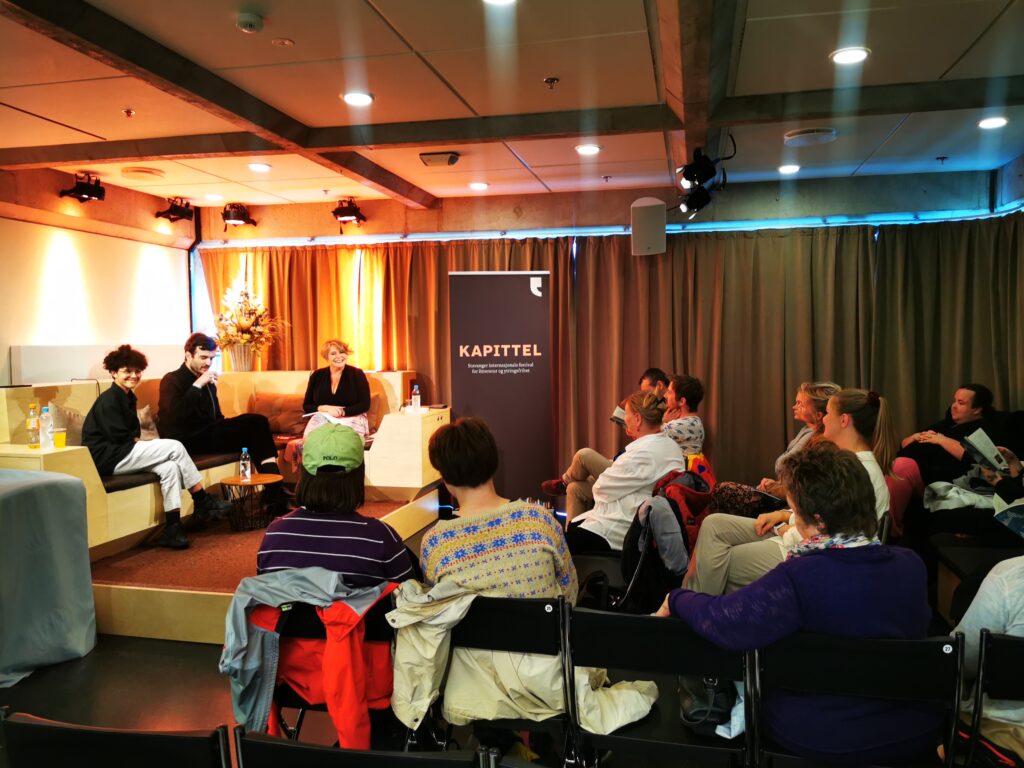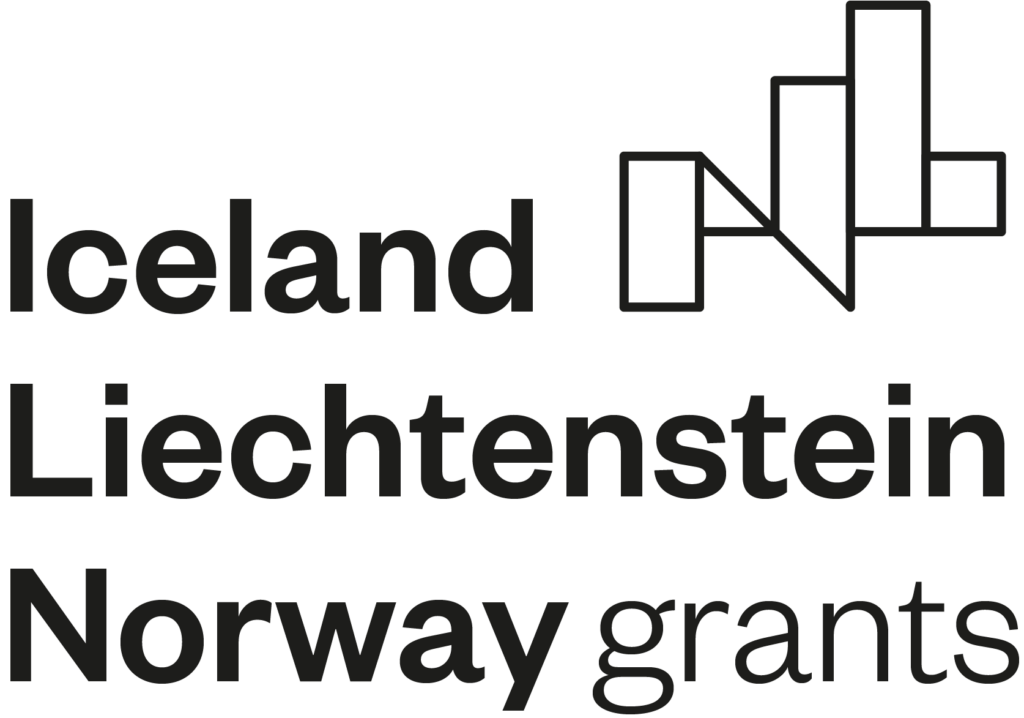What is an artist residency?
Artists, writers and any other kind of creatives are usually busy people like everybody else; working, writing applications, doing side work in order to pay the bills, on top of all their personal duties. This may get to the point where an artist gets encumbered in their routines and so face real problems in producing actual creative work.
This is where an artist residency comes in as a viable solution. It is an opportunity provided by a host organisation that enables a guest artist to work in a new environment, often away from the restrictions and pressures of their everyday lives. Artist residencies are about providing the time and space for a guest artist to develop their work and creatively explore new ideas.
Thus, an artist gets a chance to escape their casual routines and immerse themselves in a space that is new and inspiring to stimulate their creativity and motivation, which in turn results in creative productivity.
Epic Residencies connected Slovakia, Norway and Iceland
For over two years, Epic Residencies has connected three writer residency programmes: Tou in Stavanger, Skriðuklaustur in eastern Iceland and Literary Residencies Kosice in Slovakia.
The aim of Epic Residencies was to bring the literary worlds of Iceland, Norway and Slovakia closer together through exchange and to offer space for concentrated work for writers and translators from these countries. Authors working in any literary genre (prose, poetry, literary essay, experimental work, script writing, etc) and to translators of literature could apply. The project is built upon the values of intercultural exchange, gender equality, the importance of minority experiences and a diversity of voices in literature.
In 2022 and 2023, a total of eight residencies for writers and translators from Iceland and Norway (four from Iceland and four from Norway) have taken place in Košice, Slovakia. During the same period, eight creatives from Slovakia have had residencies in Iceland and Norway (four in each of the countries).
Events in the three partner countries
During the course of the project, three study trips for the project management were organised where the goal was to exchange experiences, knowledge and best practices as well as get to know the project participants, collaborators and the partner countries. As part of the study trips, several open events were organised, which were directly linked to the project.
Photo: A reading during the Literary festival in Reykjavik.

In Iceland, as part of the Reykjavik Literature Festival, an off-venue event was organised by the Epic Residencies project: “Not being heard is no reason for silence”. This event was arranged in a form of readings and discussion, focusing on foreign- born writers in Iceland and the status of literature in Slovakia and Central Europe compared to Iceland.
In Stavanger, during the international literary festival Kapittel, we arranged two events: a discussion between a previous resident Michal Tallo (SK) and Marjam Idriss (NO) about writing in the aftermath of terrorist attacks towards queer people. Another event, “Dreaming in strange houses” was organized here at Tou, where poet and co-founder of a residency programme in Kosice, Juliana Sokolová, talked to poets and previous residents. This encouraged reflections on their practices and experiences of writing “elsewhere” and its relation to the politics of daily life.
Photo: former resident Michal Tallo takes part in the event in collaboration with Kapittel.

The closing conference for the project is planned on the first quarter of 2024 in Bratislava.
The impact of the project
After their finished residencies, the authors shared their expectations and experiences in a form of a short report. Their expectations were to focus on their work and to exchange experiences with local and foreign writers. They wanted to engage with the new environment in a more meaningful way. In the end, time and space dedicated to their specific area of interest were most valuable resources they had been offered.
At the same time, all the writers had different specific tasks which involved both research and producing work. The actual work done might have varied, but the general response was that they had done more than they had expected in a short period of 3-4 weeks.
“The less-than-3 week period I spent in Košice was the most productive writing time of my life. I finished 3 books.” – Álvaro Seiça (NO)
The English translation of Michal Tallo’s (SK) short story, which he worked on during his residency in Stavanger and which has been translated for his reading at Kapittel, was accepted for publication by the Glasgow Review of Books.
Kristin Omarsdottir’s (IS) historical novel “Modurast: Oddny”, which she worked on during her residency in Kosice, is being published in Iceland this November. Kristin said: “Kosice changed everything for the upcoming book”.
Although this project is coming to an end, residency programmes will remain to be an important part of the way we operate at Tou, and we will continue to look for opportunities to make them more available for motivated creative professionals.
In the meantime, if you are interested to learn more about other opportunities for artist residencies, please check RES ARTIS.
*



The project got support from Iceland, Liechtenstein and Norway through the EEA Grants and has been co-financed from the State Budget of the Slovak Republic and the LITA Fund.
